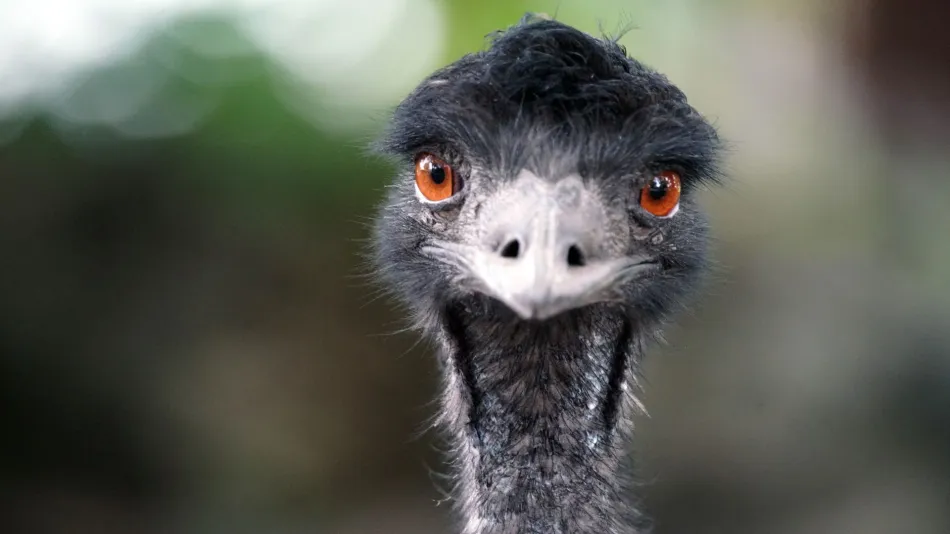
Tik Tok celebrity Emmanuel the emu, a 5 foot 8, 120-pound bird who is famous for
video-bombing his owner’s educational videos about farming has lost most of his flockmates to a deadly outbreak of avian flu.
Emmanuel is caught up in a worldwide avian influenza outbreak that has affected over 50 million birds in North America, which the US Department of Agriculture is calling “the most costly animal health emergency” in its history, not to mention one of the most deadly ones.
The most common strain of avian influenza is known as High Pathogenic Avian Influenza, or HPAI. Infected birds display serious symptoms such as lethargy, sneezing and coughing, and swelling of the neck and face, and the virus has a mortality rate of close to 100%, which means that infected birds are almost certainly going to die.
Unfortunately, local bird populations are at risk of contracting the virus, as winter is approaching and birds from other places are migrating across Canada. Even if no birds around Vancouver currently have the virus (which is highly unlikely), it is certain that migrating birds will transmit the disease during their travels, causing an outbreak.
In an interview with NPR, Todd Davis, an expert on animal-to-human diseases at the Center for Disease Control and Prevention, said “Because humans have no prior immunity to these viruses typically, if they were to be infected and spread the virus to other humans, then we could have another pandemic virus on our hands”. We have all seen the devastating effects of viruses jumping species and mutating with the COVID-19 pandemic, and the events that caused it are all too likely to happen again unless we protect ourselves. There have already been some
reported cases of humans contracting avian influenza, and some even dying from it, so we must do our best to protect ourselves and our bird population.
What can you do?
The BC SPCA recommends taking down bird feeders when possible during this outbreak to prevent further spread of the virus. As bird feeders are a steady source of food, large gatherings of birds could occur at the feeders, helping speed up the process of infection. If one bird is infected and eats from a bird feeder, birds close to the infected bird, and birds that eat the same seeds long after the infected bird is gone, could become infected.
From a human safety perspective, the large number of bird droppings that are bound to occur around the feeder poses a safety hazard, as droppings from infected birds carry the virus and are easily transmitted through contact with the droppings, and could cause you to get sick as well.
In summary, while bird feeders may be fun, keep them inside this year for both your safety and the safety of our bird population. Preventing even a few birds from getting infected still makes a difference in stopping the spread.
https://www.canada.ca/en/public-health/services/reports-publications/human-health-issues-related-avian-influenza/human-health-issues-related-avian-influenza-canada-3.htm
https://spca.bc.ca/news/bc-spca-asks-public-to-remove-bird-feeders-due-to-avian-influenza-outbreak/
https://inspection.canada.ca/animal-health/terrestrial-animals/diseases/reportable/avian-influenza/protect-your-flock/eng/1614352583029/1614352660146?utm_campaign=cfia-acia-avianinfluenza-22-23&utm_medium=sem&utm_source=ggl&utm_content=ad-texten&utm_term=avian%20flu&adv=2223260950&id_campaign=17067478476&id_source=134758936703&id_content=595205628412&gclid=CjwKCAjw8JKbBhBYEiwAs3sxN9Rwv2OkIND7BRo0YnQ1NKsvPeyUas2Gn4ozqtshwaUH0_E685VAMRoCfbMQAvD_BwE&gclsrc=aw.ds
https://www.npr.org/2022/10/26/1131536237/emmanuel-emu-sick-avian-flu
